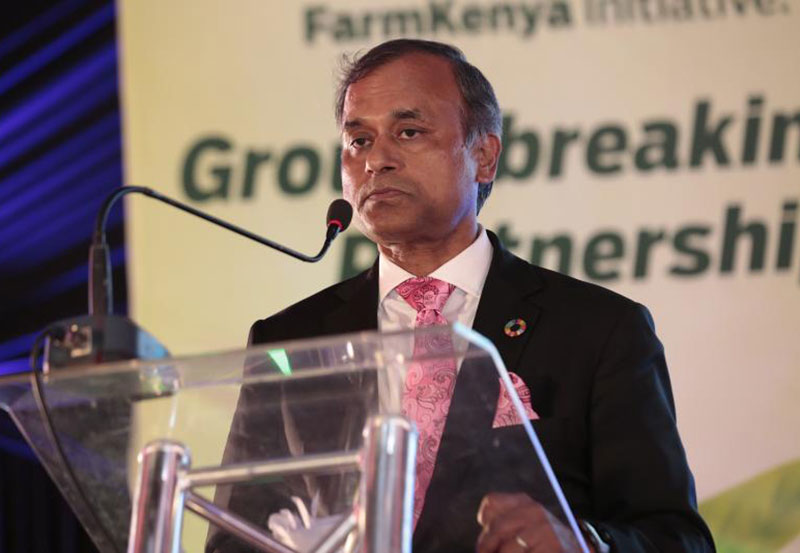×
The Standard e-Paper
Kenya’s Boldest Voice

Deputy President William Ruto has applauded the United Nations for supporting President Uhuru’s Big Four agenda.
This was after a meeting on Tuesday when Deputy President met with United Nations Country Team in Kenya to discuss implementation plans for the UN Development Assistant Framework (UNDAF 2018-2022) which was launched in June 2018.